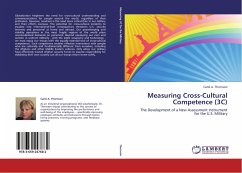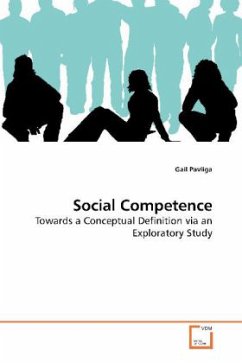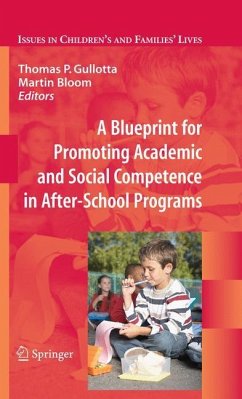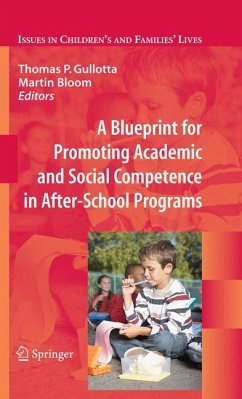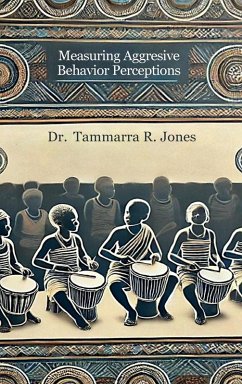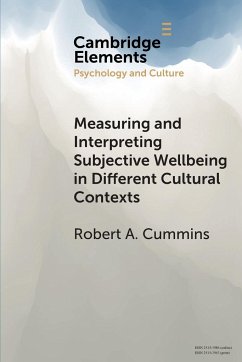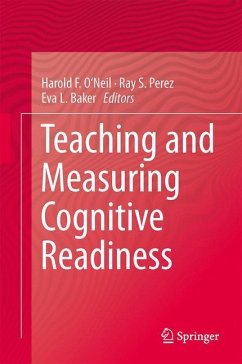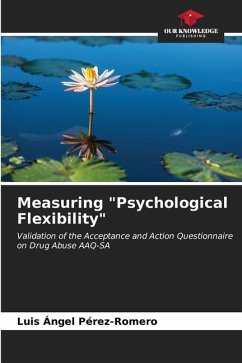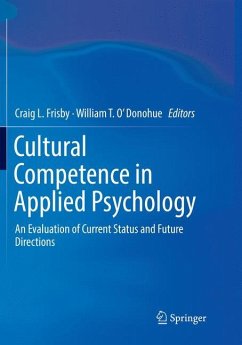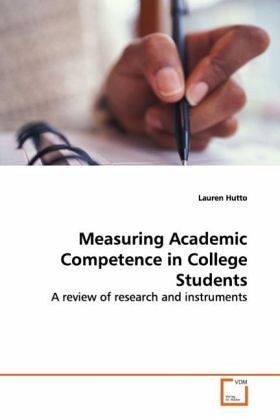
Measuring Academic Competence in College Students
A review of research and instruments
Versandkostenfrei!
Versandfertig in 6-10 Tagen
32,99 €
inkl. MwSt.

PAYBACK Punkte
16 °P sammeln!
Many students who come to college can be expected toperform well. In fact, the admissions systems atmost colleges are set up such that students must meetcertain criteria before being accepted at thatparticular institution. The admissions criteriachosen by most colleges are believed to be predictiveof college performance. However, these estimates ofperformance may not take into account other factorsrelated to later success in college. As such, somestudents who are admitted into college under thepremise that they will be successful perform poorlyat the college level. Academic competence has been...
Many students who come to college can be expected to
perform well. In fact, the admissions systems at
most colleges are set up such that students must meet
certain criteria before being accepted at that
particular institution. The admissions criteria
chosen by most colleges are believed to be predictive
of college performance. However, these estimates of
performance may not take into account other factors
related to later success in college. As such, some
students who are admitted into college under the
premise that they will be successful perform poorly
at the college level. Academic competence has been
proposed as an explanation for why some students
struggle unexpectedly. This work discusses factors
commonly associated with academic success and
explores the statistical properties of the Learning
and Study Strategies Inventory (LASSI) and the
Academic Competence Evaluation Scales (ACES) in
college students with and without learning
disabilities.
perform well. In fact, the admissions systems at
most colleges are set up such that students must meet
certain criteria before being accepted at that
particular institution. The admissions criteria
chosen by most colleges are believed to be predictive
of college performance. However, these estimates of
performance may not take into account other factors
related to later success in college. As such, some
students who are admitted into college under the
premise that they will be successful perform poorly
at the college level. Academic competence has been
proposed as an explanation for why some students
struggle unexpectedly. This work discusses factors
commonly associated with academic success and
explores the statistical properties of the Learning
and Study Strategies Inventory (LASSI) and the
Academic Competence Evaluation Scales (ACES) in
college students with and without learning
disabilities.



